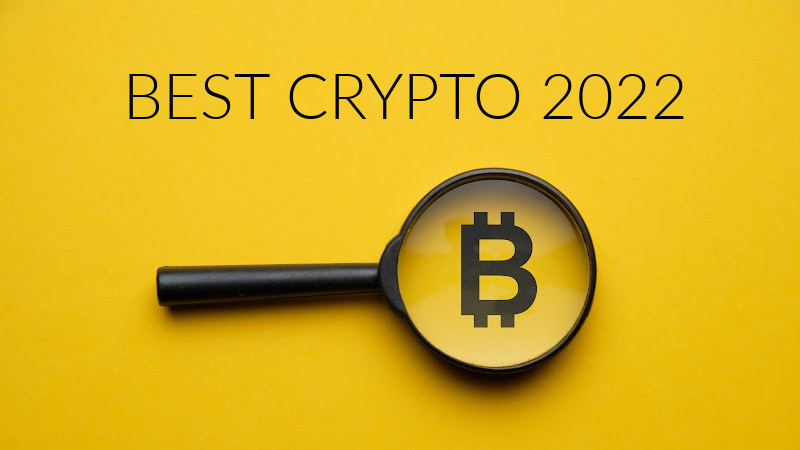The cryptocurrency market has been booming recently, and plenty of people want to take advantage of it. Defi100 represents one such case; its name may be similar to the popular Defi currency, but the two are quite different. Here’s everything you need to know about Defi100 Scam and how to avoid being scammed by it!
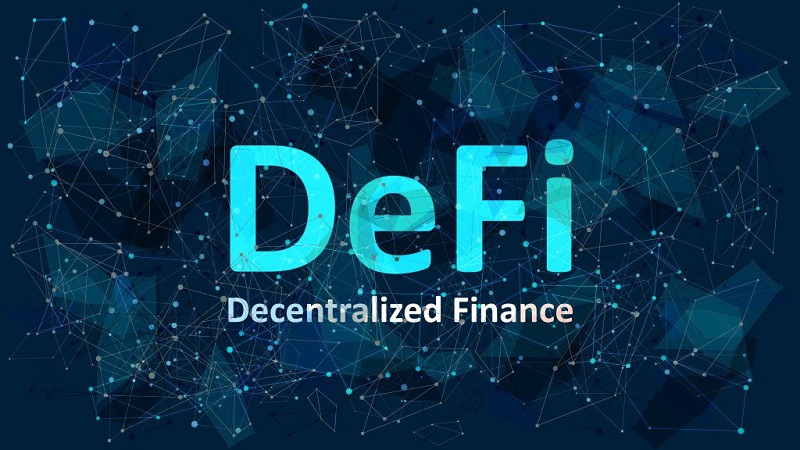
What is defi100?
defi100 is a cryptocurrency designed to be used as a payment method. It’s similar to the Dollar or Euro but much more convenient because it can be stored in any digital wallet and transferred over the internet in seconds.
A team of experts has developed the defi100 system. Experts who have spent many years working at banks, investment firms, and other financial institutions. They’ve put together a complete package of services that makes it easy for anyone from beginners to experienced traders to use their own money in new and exciting ways.
The name “defi100” comes from the fact that this 100% backed by real money (your own, as they state). This means that when you buy defi100, you aren’t purchasing anything speculative – you’re buying something; that already exists! Let’s talk about Defi100 Scam.
Defi100 Coin Scam
Defi100 coin is a unique crypto coin that aims to solve the problem of inflation faced by the cryptocurrency market. It uses a deflationary mechanism, which means its supply will decrease over time. Defi100 is a fork of Bitcoin and implements SegWit and Lightning Network protocols for scalability.
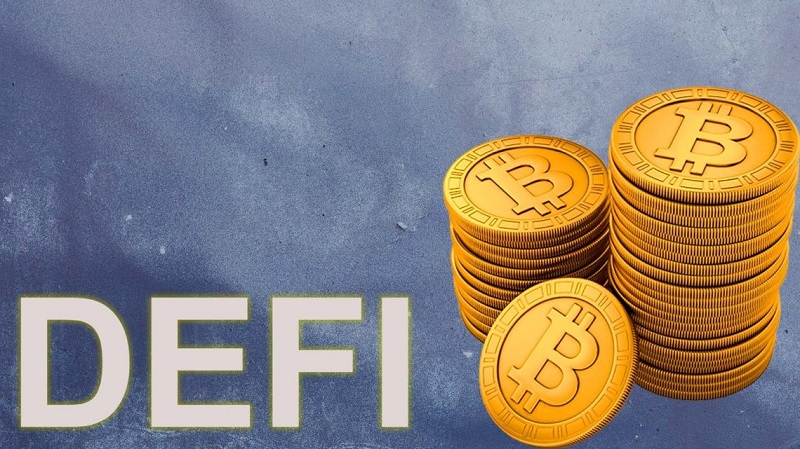
Inflation – one of the biggest problems by most cryptocurrencies today. Inflation occurs when more coins are mined than what is required for circulation to compensate for their increasing demand. This results in the devaluation of the currency as it becomes less valuable with time.
Defi100 developed a solution that involves burning all unmined coins every ten years (10,000 blocks). This will reduce the total supply of coins by 5% per year until no new coins can be found by miners, thereby stabilizing its value against inflation.
Another benefit of this deflationary mechanism is that it encourages people to spend their money instead of hoarding it because each transaction burns some amount of coins, thereby reducing its supply further and increasing its scarcity over time.
One such recent scam is the DeFi100 Coin scam, where developers exit scammed investors for about 32 million USD, as per a report by Coindesk. Read on to know more about what is the DeFi100 Coin Scam.
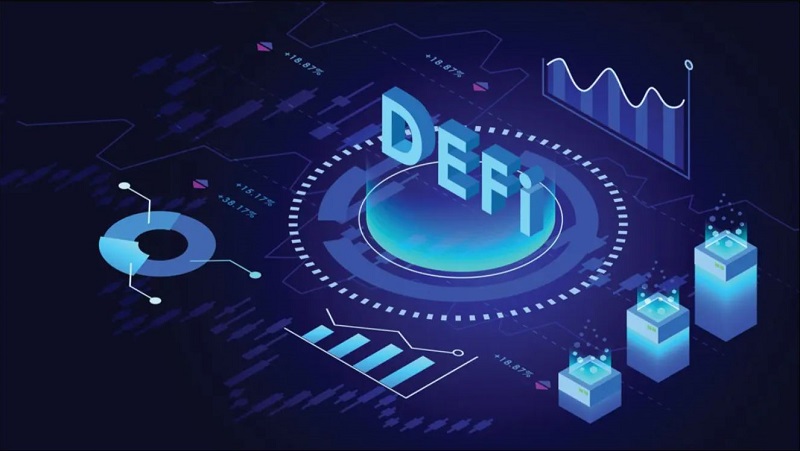
Defi100 crypto scam
Defi100 crypto scam coin already exist. They claim that their product fully developed, but it’s not. They have been doing a lot of marketing and PR. But if you look at their website and whitepaper, there are no details about the product or team members. You can’t find any information about their token allocation or listing details on any exchange, for that matter. The only thing we know about this coin is that they have released some wallet which is just a copy-paste from another project with slight modifications, and that’s it.
Defi100 Accusations
Defi100 is a cryptocurrency that has been subject to the most vicious scams in the world of crypto. The developers of this coin accused of nothing short of fraud and theft. Let us look at some of the accusations against this coin and its developers.
The first accusation against Defi100 is that it was hacked by hackers who stole over 3 million dollars worth of funds from people who invested in this project. Hacker known as “Lemoncoin,” posted a video on YouTube showing him stealing funds from several wallets that belonged to investors in this project.
The second accusation against Defi100 is that it shut down the company behind this project by the SEC due to illegal activities carried out by the developers. This happened after an investigation into their operations revealed that many companies involved in fraudulent activities were using their platform to move money around without being detected by law enforcement officials or regulators. Read our latest article about Crypto mistakes to avoid when investing.
More Crypto Scams
So how do crypto criminals go about their business? Here are a few common scams you should watch out for:
Pump-and-Dump Schemes
In a pump-and-dump scheme, investors buy up large amounts of an altcoin (or other coins) and then spread false or misleading information online to encourage other people to buy it as well — so much so that its price skyrockets. Once its value has increased significantly, those who initiated the pump sell their holdings at a profit and leave everyone else holding worthless coins.
One way to avoid getting caught in this type of scam is by doing your research before investing in any coin or token. Be wary of any currency that has been marketed heavily on social media or other platforms without having real-life use cases or real users already using it.
Fake Exchanges
Some sites purporting to sell cryptocurrencies will ask for your private key as proof that you own the coins before allowing you to withdraw them from an exchange account or wallet. Don’t give this information out! It’s like giving them your bank account number and PIN so they can withdraw all your cash from an ATM.
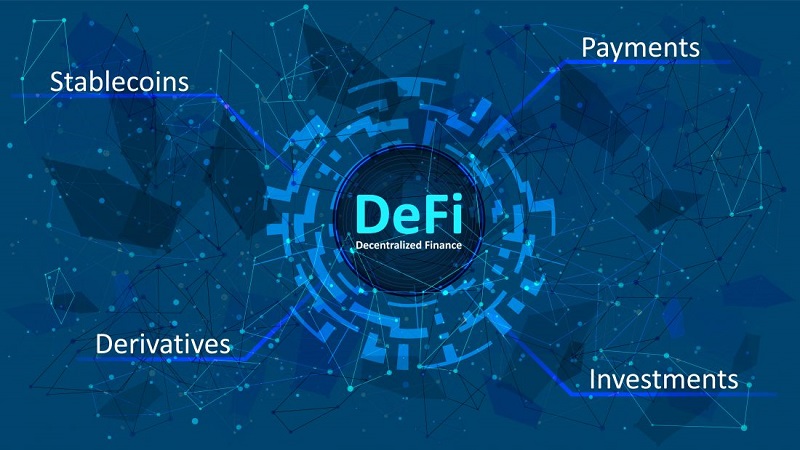
Exit Scams
An exit scam occurs when an ICO team disappears with funds collected from investors. There have been several high-profile exit scams in recent years. Including the notorious My Big Coin ICO, which was an exit scam from the very beginning.
Phishing Schemes:
Phishing is one of the most common types of fraud on the internet. It involves fake websites or apps that steal personal information and passwords from unsuspecting victims. You can usually spot a phishing website by looking for certain signs. Such as typos or misspellings in URLs, ads on Google that direct you to a suspicious site, or emails asking for money or personal information.
Conclusion
The Defi100 scam is based on the false premise that you can simply earn a full-time income by working from home. Working by using a computer and switching between two windows to follow simple instructions. Finally, the program offers no training and little guidance on making money online. Instead, it focuses on hounding you to buy more and more of their products.

